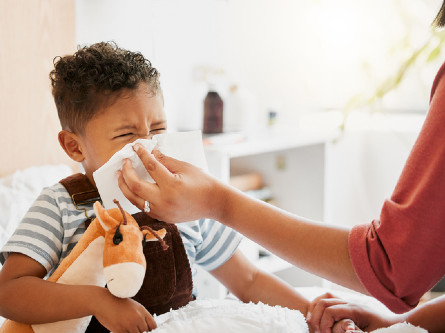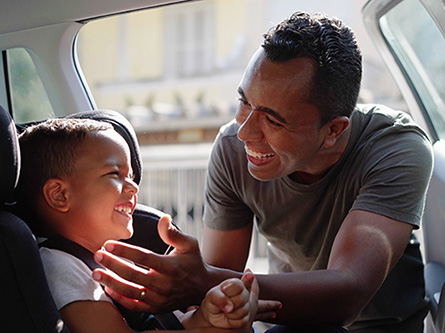It's likely that we all know someone who has been affected by cancer. While some of your own cancer risk is out of your control, there are things you can do to lessen your chances of getting cancer.
About 1.9 million Americans will be diagnosed with cancer this year, and about 600,000 will die from cancer, according to the Prevent Cancer Foundation. About one-third of those deaths are linked to poor diet, lack of physical activity and being overweight.
The more body fat you carry, the greater your risk of cancer. Additionally, the more physically active you are, the less likely you are to get cancer, according to experts at UC Davis Comprehensive Cancer Center.
Excess weight results in the production and circulation of more estrogen and insulin, two hormones that can encourage cancer growth.
When it comes to diet and exercise, you can lower your cancer risk if you follow these guidelines.
1. Choose plant-based foods
These include fruits, vegetables, nuts, beans, and whole grains. Up to 50% of preventable cancers are a result of the foods we eat. That's why it's so important to eat five to nine servings of fruits and vegetables each day. Doing this can go a long way in lowering your cancer risk.
Get plant-based diet tips for cancer survivors (and everyone)
Check out the top 15 foods you should be eating
2. Eat more fiber
Cancer experts recommend eating fiber because your body doesn't digest fiber. As a result, the fiber helps move out cancer-causing compounds from your system. The best source of fiber is found in plant foods, especially those that are unaltered. Eat a minimum of 30-40 grams of fiber each day. Examples include a medium apple, banana, or orange, which each have 3 grams of fiber. Another option is a half-cup of cooked black beans. which has 8 grams.
Check out these healthy recipes from UC Davis Health
3. Eat less red meat
Beef, lamb, and pork are all included in this category. The American Institute for Cancer Research recommends limiting your diet to 18 ounces of red meat per week. Red meat has no fiber and is often high in fat. This can contribute to the production of hormones and increases the risk of cancers, including colorectal, breast, and prostate.
If you do eat red meat, it's best to bake or broil it. When you fry or grill red meat, do so at lower temperatures for a longer time. Grilling at high temperatures can result in the formation of cancer-causing chemicals.
Read about 9 grilling tips to help avoid BBQ health dangers
4. Limit your daily alcoholic drinks
When you drink alcohol, your body breaks it down into a chemical, which damages your DNA and stops your body from repairing that damage. When DNA is damaged, a cell can begin growing out of control, creating a cancer tumor, according to the Centers for Disease Control and Prevention (CDC).
To help prevent this, the CDC recommends that women stick to one drink per day. Men should limit themselves to two drinks per day. Guidelines define a drink as 5 ounces of wine, 12 ounces of regular beer, or 1.5 ounces of 80-proof liquor. For a healthy alternative, drink water with a little lemon or mint to keep your body hydrated.
Read more from the American Cancer Society: Alcohol use and cancer
5. Get physically active and control your weight
Physical activity will help you control your weight and keep hormone levels normal. Exercise helps by quickly moving cancer-causing toxins out of your body.
The CDC recommends moderate-intensity physical activity for at least 30 minutes, five or more days per week. This can include walking during your lunch break, riding a stationary bike, or doing yoga. If you want more intense physical activity, it's recommended that you do that for at least 20 minutes, three or more days per week. This includes activities like jogging, jumping rope, or playing tennis.
Check out 3 tips for healthy weight loss
Get this simple 8-week exercise plan
6. Don't rely on supplements
It's believed that supplements don't make a difference in cancer prevention. In fact, taking too many vitamins may increase your cancer risk. Sticking to natural vitamins, minerals, and phytochemicals (chemical compounds in plants) found in healthy foods is your best bet for preventing cancer.
Diet and exercise can help prevent cancer
To summarize, diet and exercise should be taken seriously when trying to prevent cancer. They are within your control, and they make a different in your exposure risk. Choose your foods wisely and keep moving to reduce your risk of cancer.
Explore the services we offer at UC Davis Comprehensive Cancer Center




